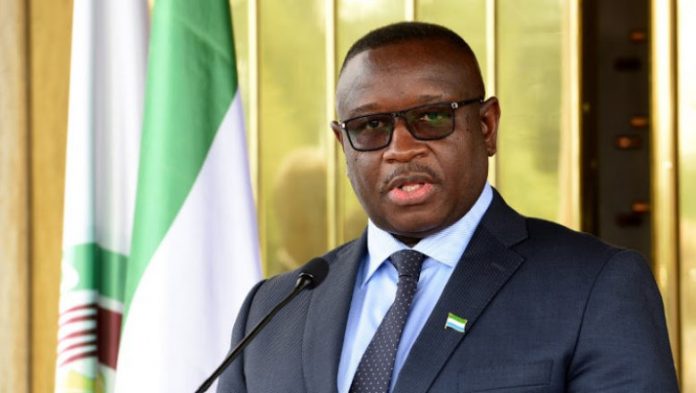By Amin Kef Sesay
The Judicial branch of Government is in charge of deciding the meaning of laws, how to apply them to real situations and whether a law breaks the rules of the Constitution which is the highest law of our Nation.
The principal role of the Judiciary is to protect the rule of law and ensure supremacy of the law. It safeguards rights of the individuals, settles disputes in accordance with the law and ensures that democracy does not give way to individual or group dictatorship.
However, much we may hate or criticize it, if there is no Judiciary, then the rights of the individuals might not be conserved. People would face partiality, humiliation, discrimination, violence in every field.
Its Supreme Court interprets the Constitution and with the other lower courts; settles legal disputes; punishes violators of the law; hears civil cases; protects individual rights granted by the Constitution and determines the guilt or innocence of those accused of violating the criminal laws of the State.
It is very importance for the maintenance of the rule of law and the rights of citizens for the Judiciary to be free from Executive control and directives as it would be a formula for tyranny.
The reason being that under a traditional separation of powers arrangement, the independent Judiciary serves as a check on a rogue or overzealous Executive, as only with the approval of the Judiciary may someone be jailed long-term for (alleged) crimes.
In which light, at this transitional stage of the country’s democratic development, the President himself at his recent town hall meeting at Bintumani Conference Hall confessed that the Government is faced with the great challenge of securing the credibility and sustainability of the Judiciary and the rule of law.
The Judiciary and law enforcement authorities continue to be poorly equipped and there is a lack of infrastructure and well-trained personnel.
Adopting a comprehensive national action plan to reform the Judiciary would go a long way in not only reinforcing democracy but most importantly the fight against crime in society.
The Ministry of Justice should particularly emphasis on the training of personnel, access to justice and other legal and organizational reforms. The following intervention areas are highlighted:
- Qualifying Judiciary personnel (initial and advanced training) at national and provincial levels
- Specific training events for Judiciary personnel on topics related to criminal, criminal procedural and land law
- Supporting Judicial reform with advice on legislation, reform approaches and strategy development
- Improved access to justice, including financing mobile courts, equipping courts, training court personnel, and free legal advice for the public
- Improving legal documentation: printing and disseminating legal literature and legal texts for the Judiciary as well as developing databases and Judicial archives.




